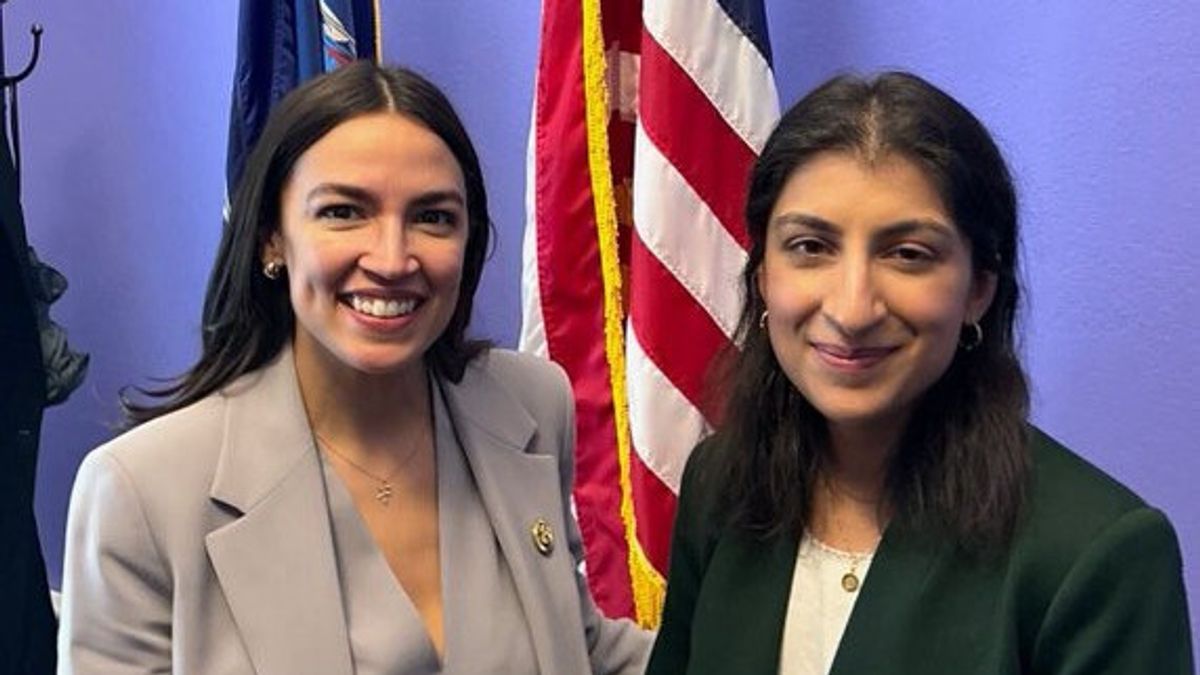JAKARTA - Citing the increasing danger of deepfakes, the United States' Federal Trade Commission (FTC) seeks to update regulations prohibiting business plagiarization or government agencies by artificial intelligence (AI) to protect all consumers.
Updated regulations - subject to final languages and public feedback received by the FTC - can make it illegal for generative artificial intelligence (GenAI) platforms to offer products or services they know can be used to harm consumers through plagiarism.
"With the cloning of voice and other AI-driven fraud increasing, protecting Americans from plagiarizing scams is more important than ever. Our proposed expansion of the final plagiarism rules will do so, strengthening the FTC's work tools to tackle fraud enabled by AI plagiarizing individuals," said FTC chairman Lina Khan, in a release.
The latest FTC regulation on government plagiarization and business empowering agencies to start a federal court case directly to force fraudsters to return funds obtained through plagiarizing government or business entities.
Final rules on government and business plagiarization will take effect 30 days after publication in the Federal Register. A period of public comment for additional notices on proposed regulations will open for 60 days after publication dates in the Federal Register, with details on how to share comments.
SEE ALSO:
Deepfakes uses artificial intelligence to create manipulated videos by changing a person's face or body. While no federal law regulates sharing or creating deepfake images, some legislators are taking steps to address this issue.
Celebrities and individuals who are victims of deepfakes can basically use established legal options such as copyright laws, copyright-related rights and various torts (such as privacy invasions or intentional emotional suffering) to seek justice. However, pursuing cases under these diverse laws can take time and demand.
On January 31, the Federal Communications Commission banned spam calls generated by AI by reinterpreting a rule banning spam messages made by artificial or pre-recording voices. The move comes shortly after a telephone campaign in New Hampshire that uses deepfakes from President Joe Biden to scare people from voting. Without action from Congress, various states across the country have passed legislation that make deepfakes illegal.
The English, Chinese, Japanese, Arabic, and French versions are automatically generated by the AI. So there may still be inaccuracies in translating, please always see Indonesian as our main language. (system supported by DigitalSiber.id)
















